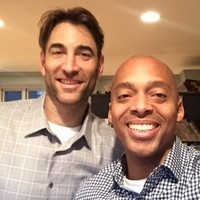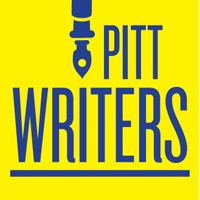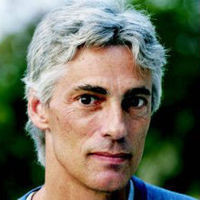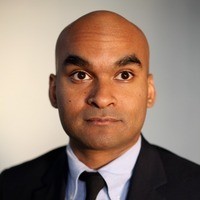Hillary Frank is the creator of The Longest Shortest Time podcast and the author of Weird Parenting Wins.
“I think motherhood is not valued in our culture. We don’t value the work of mothers both at home and then at work. Mothers are the most discriminated against people at work. They’re discriminated more against than fathers or people without children. Mothers are promoted less, hired less, and paid less. People are forced out of their jobs after they announce that they’re pregnant, they’re passed over for promotions, and they get horrible, discriminatory comments like, ‘Oh, don’t you really think you want to be at home? Do you really want to come back?‘ And American work culture is not set up for people to be parents and mothers.”
Thanks to MailChimp, The Great Courses Plus, and Pitt Writers for sponsoring this week's episode.

















